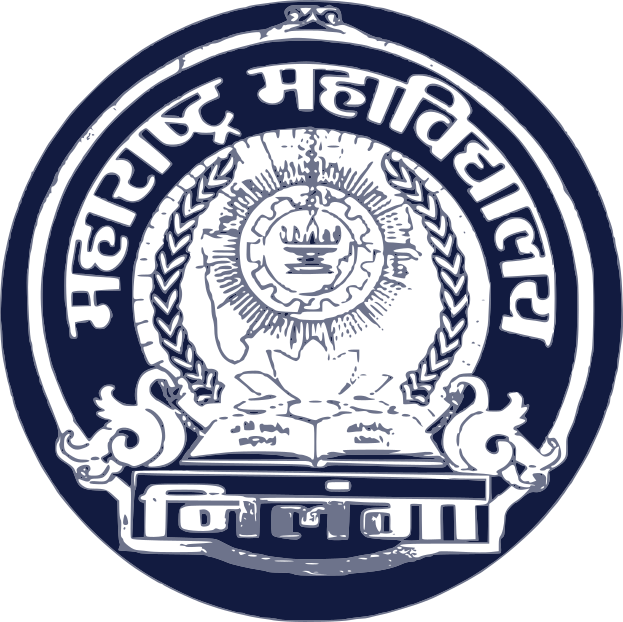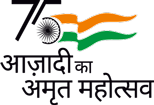What is Indian Knowledge Systems (IKS)?
The vision of the IKS is to rejuvenate and mainstream Indian knowledge systems for the contemporary world.
Indian Knowledge System comprises of jñāna, vijñāna jīvanadarśana of the people of Bhārat continuously arising out of deep experience, observation, experimentation and rigorous analysis, with a tradition of validating and putting into practice in several areas including education, arts, administration, law, justice, health, manufacturing, and commerce, documented in classical and other languages of Bhārat, and transmitted through textual, oral and artistic traditions.
The Bhartiya way is sustainable and strives for the welfare of all. It is important that we regain the comprehensive knowledge system of our heritage and demonstrate the ‘Indian way’ of doing things to the world. This requires training generations of scholars who will demonstrate and exemplify to the world a way of life so unique and peculiar to our great civilization.
The NEP, 2020 recognizes this rich heritage of ancient and eternal Indian knowledge and thought as a guiding principle. The Indian Knowledge Systems comprise of Jnan, Vignan, and Jeevan Darshan that have evolved out of experience, observation, experimentation, and rigorous analysis. This tradition of validating and putting into practice has impacted our education, arts, administration, law, justice, health, manufacturing, and commerce. This has influenced classical and other languages of Bharat, that were transmitted through textual, oral, and artistic traditions. “Knowledge of India” in this sense includes knowledge from ancient India and, its successes and challenges, and a sense of India’s future aspirations specific to education, health, environment and indeed all aspects of life.
The main objective of drawing from our past and integrating the Indian Knowledge Systems is to ensure that our ancient systems of knowledge represented by unbroken tradition of knowledge transmission and providing a unique perspective (Bhāratiya Drishti) is used to solve the current and emerging challenges of India and the world.
The IKS is to be incorporated in scientific manner in the school and higher educational curriculums. This would include tribal knowledge and indigenous and traditional ways of learning and will cover and include mathematics, astronomy, philosophy, yoga, architecture, medicine, agriculture, engineering, linguistics, literature, sports, games, as well as governance, polity and conservation. Specific courses in tribal ethno-medicinal practices, forest management, traditional (organic) crop cultivation, natural farming, etc. will also be made available. An engaging course on Indian Knowledge Systems will also be available to students in secondary school as an elective.
The policy recognizes that the knowledge of the rich diversity of India should be imbibed first hand by learners. This would mean including simple activities, like touring by students to different parts of the country, which will not only give a boost to tourism but will also lead to an understanding and appreciation of diversity, culture, traditions, and knowledge of different parts of India. Towards this direction under ‘Ek Bharat Shrestha Bharat’, 100 tourist destinations in the country will be identified where educational institutions will send students to study these destinations and their history, scientific contributions, traditions, indigenous literature, and knowledge, etc., as a part of augmenting their knowledge about these areas.
LINK-https://youtu.be/8Bv4Xtlr4Uw

